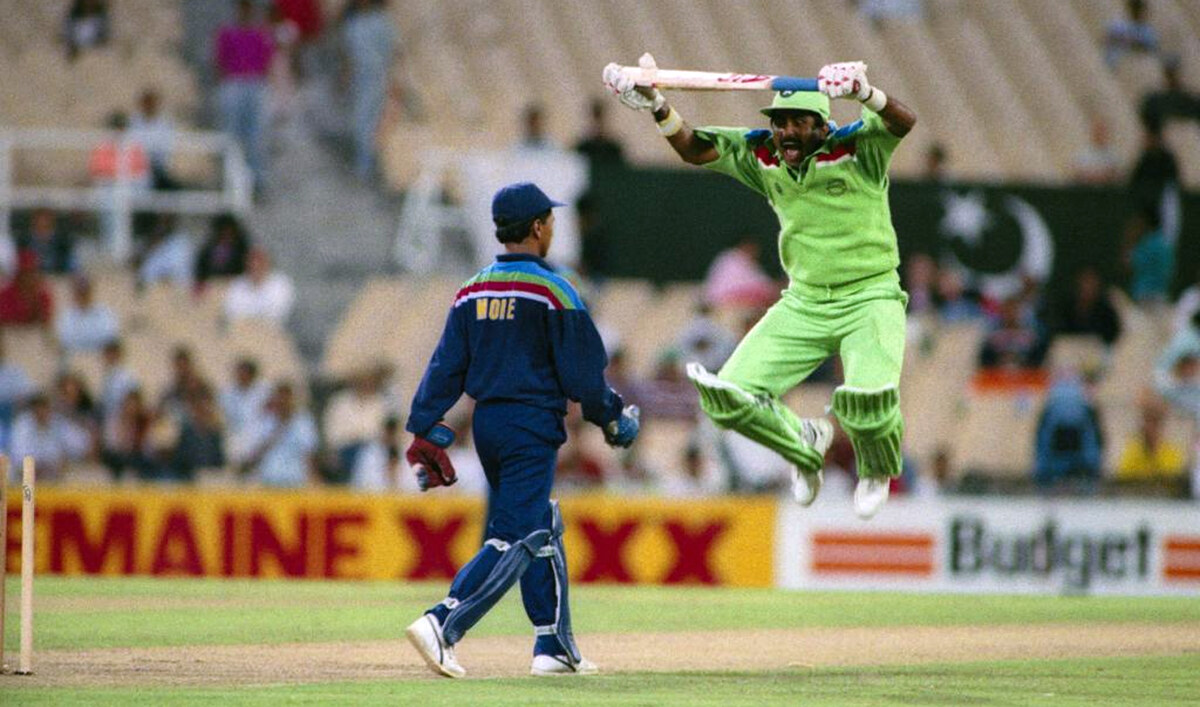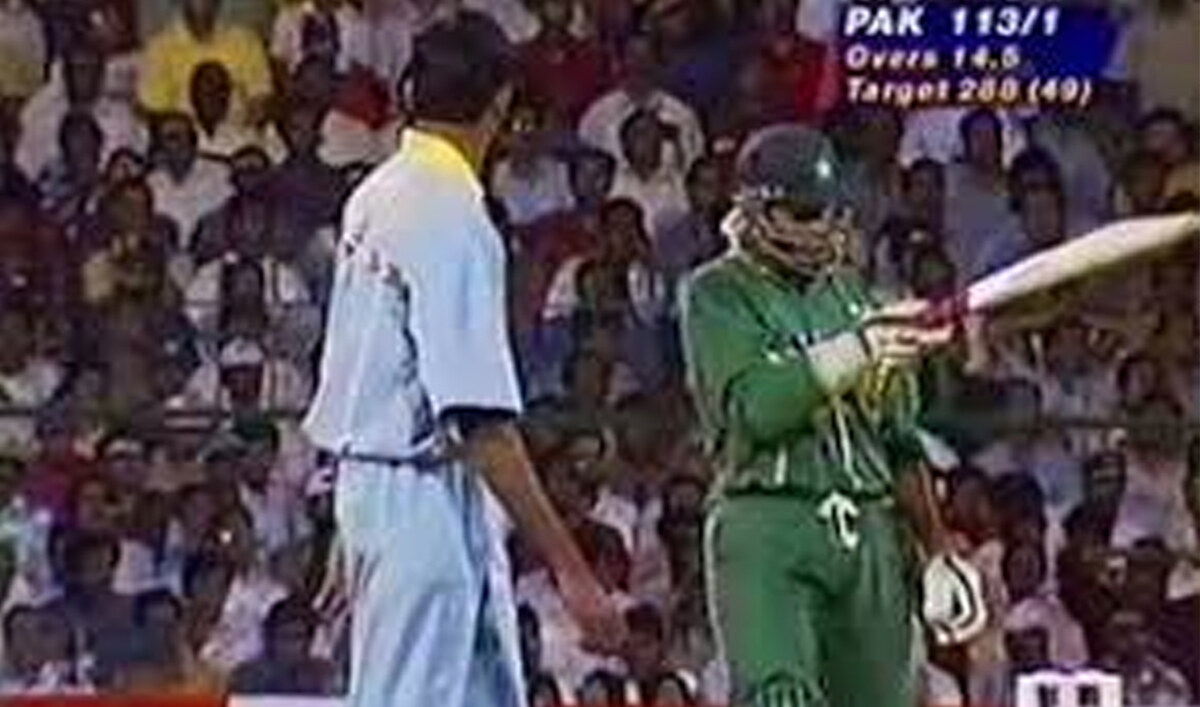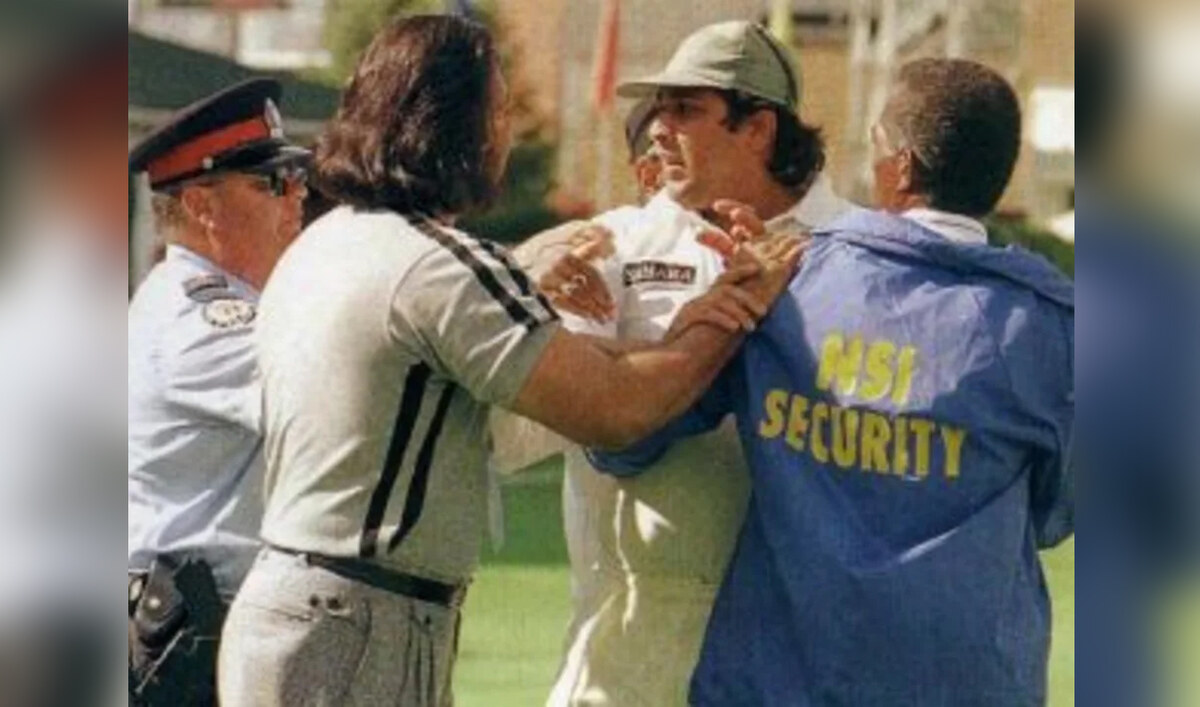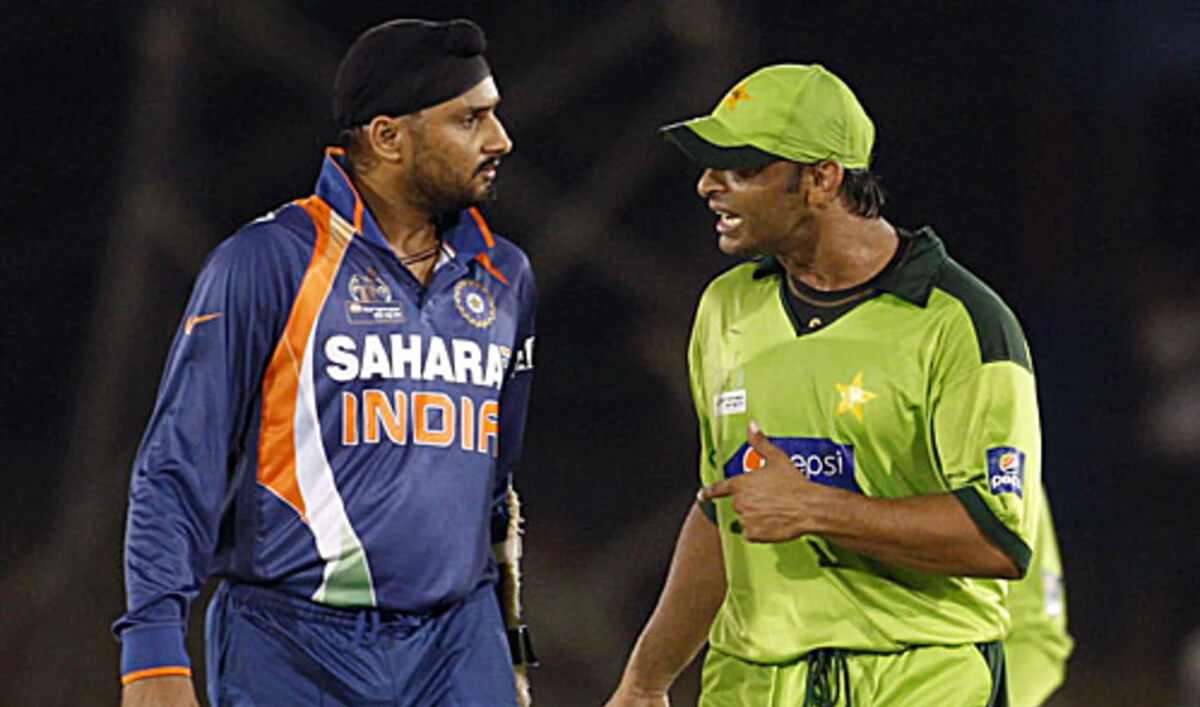QUETTA: At least seven passengers belonging to Pakistan’s eastern Punjab province were forcibly removed from a bus heading to Faisalabad from Quetta and killed by a group of gunmen late Tuesday night in the restive southwestern Balochistan, confirmed a senior administration official.
The latest attack against ethnic Punjabi commuters happened on a highway running through the Koh-e-Sulaiman Mountain Range near Rarkan in Barkhan district.
Balochistan, Pakistan’s largest province by landmass and rich in mineral resources, has long faced a low-level insurgency led by separatist groups like the Baloch Liberation Army (BLA), who accuse Islamabad of exploiting the province’s natural resources for the development of Punjab while neglecting the local population.
Pakistan’s government denies these allegations, saying it has prioritized Balochistan’s development through investments in health, education, and infrastructure projects.
“Armed men standing at the Balochistan-Punjab highway stopped a Punjab-bound passenger bus at Rarkan and off-boarded passengers after checking their national identity cards,” Khadim Hussain, Assistant Commissioner Barkhan, told Arab News over the phone.
“Seven passengers who belonged to Punjab province were killed in the attack,” he continued. “The bodies have been taken to Rakhni District Hospital.”
No group has claimed responsibility for killing the commuters, though suspicion is likely to fall on ethnic Baloch separatists, who have previously launched similar attacks on passenger buses.
Last August, nearly two dozen passengers traveling in Punjab-bound buses were killed after BLA militants forcibly removed ethnic Punjabi commuters from buses after checking their identity cards.
“The attackers stopped just one passenger bus, carried out the attack within 10 minutes, and escaped into the Koh-e-Sulaiman mountains,” the assistant commissioner informed, adding that the paramilitary Frontier Corps (FC) and Levies arrived at the crime scene soon after the incident.
Zeeshan Mustafa, an eyewitness of the attack who was traveling to Multan with his brother, told media later that nearly a dozen armed men stopped the bus and checked the identity cards of passengers.
“They off-boarded seven passengers, including my younger brother Adnan Mustafa, and killed them in front of our eyes,” he added.
Prime Minister Shehbaz Sharif expressed sorrow and grief over the incident, according to a statement released by his office on Wednesday.
“Those who harm the lives and property of innocent and defenseless citizens will have to pay a heavy price,” he said. “The sacrifices of innocent citizens will not go in vain.”
He maintained that the government and security forces were actively working to eradicate such militant violence from the country.





















